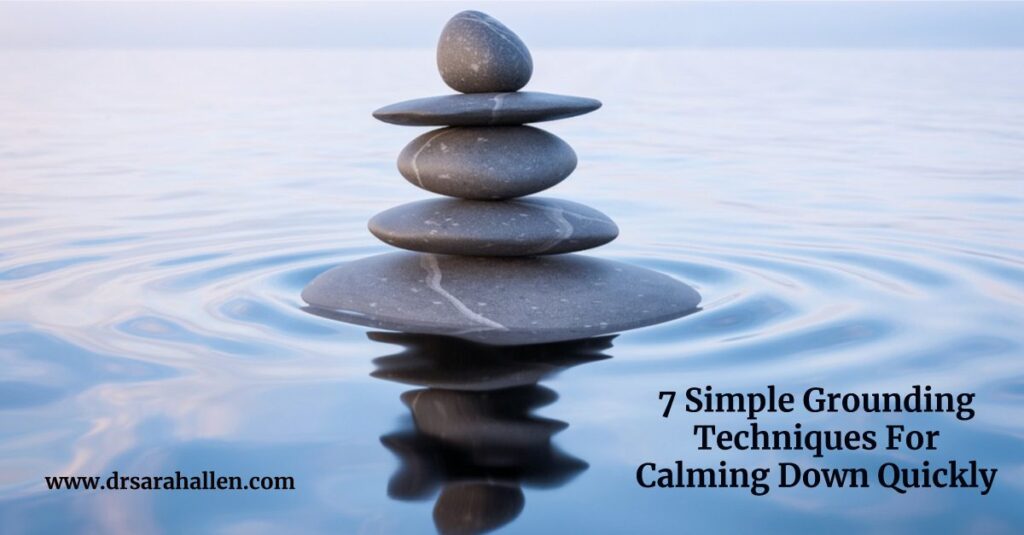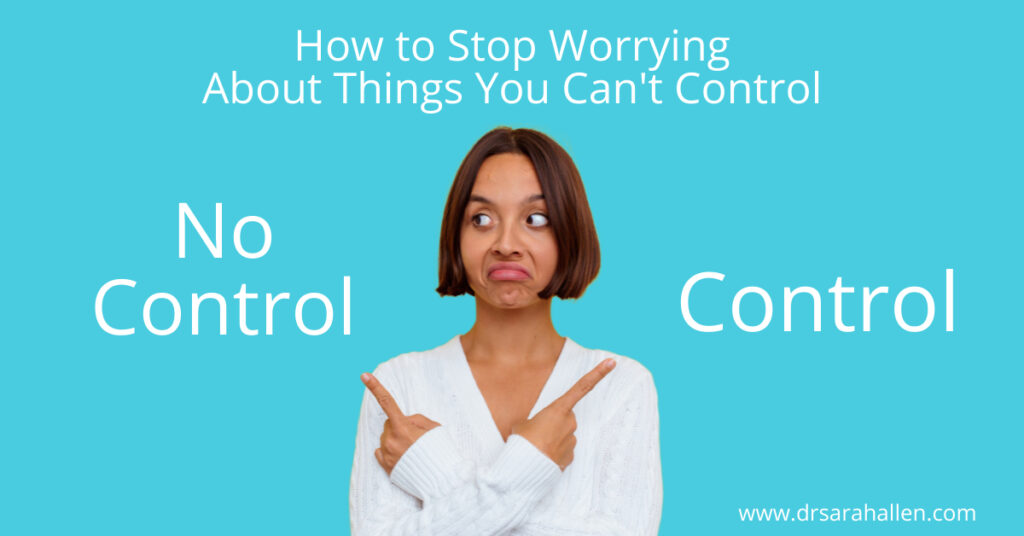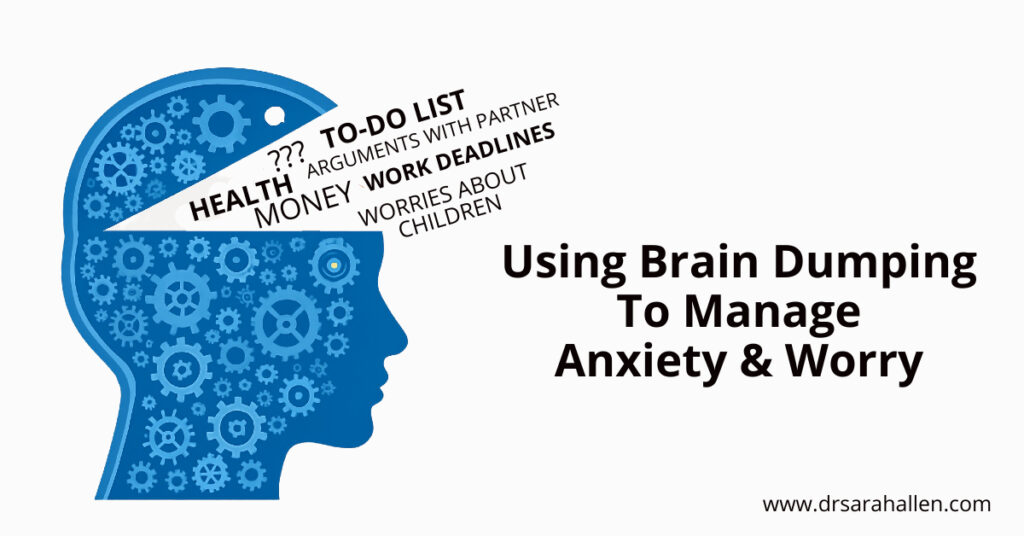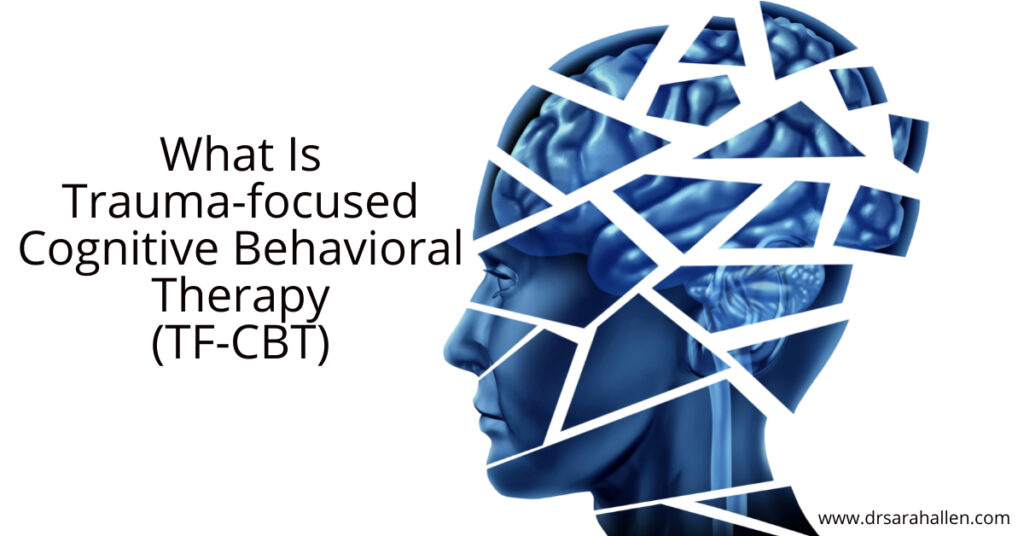
Have you ever paused to wonder what makes you feel stressed or relaxed? The answer lies deep within your nervous system. This complex system in your body acts like a traffic controller, managing signals that keep everything running smoothly. At its core is the balance between two key players: the sympathetic and parasympathetic nervous systems. Together, they help regulate your emotions and reactions to the world around you. The goal here is to empower you to understand and regulate your nervous system, making life feel a little easier and more manageable.
The nervous system can sometimes get stuck in a stress cycle. You might feel hyper-alert, anxious, or unable to “shut off” your brain. Recognizing when your nervous system gets off track is important. By becoming aware of these signs, you can take steps to bring balance back into your life.
Sympathetic and Parasympathetic Nervous Systems
The sympathetic nervous system is like the gas pedal in a car. It gears you up for action and increases your heart rate. When you’re in danger or under stress, it helps you react quickly. Think of a moment when you felt your heart race—this was your sympathetic system at work.
On the other hand, the parasympathetic nervous system hits the brakes. It calms everything down, slowing your heart rate and helping you relax. This system encourages rest and digestion after moments of stress, bringing your body back to a peaceful state. You might remember feeling your stress melt away after a deep breath or a calming moment outdoors; that’s the parasympathetic side kicking in.
These two systems work together, maintaining a balance that keeps you functioning well. When one system gets stuck in overdrive, it can lead to feelings of being overwhelmed or drained. Understanding their roles is the first step in learning how to regulate them effectively. Getting to know when each system is at work can significantly impact how you manage stress and live a more balanced life.
Recognizing Nervous System Dysregulation
When your nervous system is off balance, your body lets you know in different ways. You might experience signs such as constant anxiety, trouble sleeping, or feeling exhausted even after a full night’s rest. Sometimes, it’s like your mind refuses to switch off, leaving you stuck in a constant state of alertness. This state is often described as being ‘on edge,’ and it can lead to both mental and physical distress.
Stress cycling occurs when you frequently switch between periods of high stress and poor recovery, making your nervous system go into overdrive. Constant exposure to stress can keep your sympathetic nervous system activated much longer than necessary, causing wear and tear on your body and mind. Recognizing these patterns early helps you interrupt them before they take a toll on your health.
Effective Strategies to Regulate Your Nervous System
Once you’ve recognized the signs of a dysregulated nervous system, it’s time to take action. Here are some strategies to help get you back on track:
1. Breath Work: Deep breathing is a powerful tool. Try box breathing—inhale for four counts, hold for four, exhale for four, then hold again for four. Other techniques include diaphragmatic breathing, which focuses on belly expansion, and alternate nostril breathing, which can feel soothing. I often introduce grounding techniques and deep breathing techniques in session for you to practice in between sessions. These help anchor you in the present moment, signaling to your body and mind that it’s safe to relax.

Read more details about box breathing and other techniques as well as why they work in 5 Deep Breathing Techniques & Why They Work.

To read about my favorite grounding techniques, and why they work, see 7 Simple Grounding Techniques For Calming Down Quickly.
2. Movement and Exercise: Light exercises like walking and yoga encourage your body to balance itself. Movement can also release endorphins, which naturally boost your mood.
3. Crying and Emotional Release: Don’t shy away from letting your emotions out. Crying can act as a reset button, helping you feel more balanced afterward.
4. Spending Time in Nature: Being outdoors has a calming effect on the mind. Even a short walk in the park can help lower stress levels.
5. Sleep: Prioritize good sleep hygiene. Aim for 7-9 hours a night. Quality rest helps reset your nervous system for the next day. I have many articles about sleep. The one below is a good start and I have also included other sleep related articles at the end of the page.

Read more about The Relationship Between Sleep & Anxiety.
6. Connecting with Others: Human interaction can be soothing. Reach out to loved ones for support and connection.
7. Intentionally Slowing Down: Take deliberate breaks throughout your day. Engage in activities that encourage you to slow your pace, like mindfulness or simple stretches.
Steps Toward a Balanced Nervous System
Finding balance takes time and patience. Incorporating these strategies into your daily life can lead you to a calmer and more centered state of being. Remember, you don’t have to implement all of these at once. Start with one or two that feel most accessible and effective for you.
Almost anything worth doing takes time and consistent effort. Be patient with yourself as you explore different ways to regulate your nervous system. Recognize small wins in your progress and consider professional support when challenges feel too big to manage alone. Balancing your nervous system is a journey worth embarking on for a healthier, less stress filled life.
How Therapy Can Help Reset Your Nervous System
When stress becomes chronic, however, your body can remain stuck in fight or flight mode. Over time, this can lead to emotional exhaustion, higher anxiety, sleep disturbances, and even physical issues. Therapy helps reset that balance.
Resetting your nervous system if an important start but anxiety is interconnected with your thoughts and behaviors, past experiences and current stressors. In order to prevent stress-cycling we can work on developing effective coping strategies for anxiety and worry.
1. Providing Safe Spaces for Self-Regulation
Therapy offers you a safe and non-judgmental environment to explore your emotions, triggers, and experiences. The act of sharing and processing in itself can calm an overactive nervous system by encouraging your parasympathetic system to engage.
2. Addressing Underlying Stressors
Therapy doesn’t just treat the symptoms; it dives into the sources of stress. Whether it’s unresolved trauma, persistent worry, or strained relationships, your therapist works with you to process these challenges. Releasing emotional burdens can reduce the “fight or flight” activation your system is stuck in.
3. Reshaping Negative Beliefs
Over time, deeply rooted thoughts like “I’m not good enough” or “The world is unsafe” can wire your nervous system for hyper-alertness. Cognitive therapies can help you reframe these beliefs into healthier ones, leading to a calmer internal state.
4. Building Emotional Resilience
Therapy helps strengthen your ability to weather life’s ups and downs with greater ease. By learning coping strategies and self-soothing tools, you’ll be better equipped to handle stress without letting it overwhelm your nervous system.

I have been treating anxiety for almost 30 years and here are some questions I am frequently asked by people before they make an appointment. It is helpful to know what to expect, especially if this is your first time going to therapy. Read Common Questions About Anxiety Counseling.

For more information about how a research based therapy techniques called Cognitive Behavioral Therapy (CBT) can help treat anxiety read CBT For Anxiety: What It Is & How It Works.
The Benefits of Rebalancing Your Nervous System Through Therapy
When your nervous system starts functioning in harmony, you may notice positive changes, including:
- More Emotional Regulation: You’ll likely feel less reactive to stressors and more in control of how you respond.
- Better Sleep: A regulated system allows your mind to rest, improving your overall quality of sleep.
- Reduced Anxiety and Tension: You might experience fewer physical symptoms of stress, like muscle tension or headaches.
- Improved Focus and Energy: A calmer mind can free up mental capacity for productivity and creativity.
- Stronger Relationships: Feeling balanced allows you to connect with others from a place of ease rather than stress.
Finding ways to manage stress and restore balance in your daily life can make a big difference. If you’ve noticed signs of nervous system dysregulation and want support navigating these challenges, exploring anxiety counseling may be a helpful next step. I have seen how small changes can bring calm and clarity, and I would be honored to help you move toward feeling more settled. Learn more about how Dr. Sarah Allen can support you in this process.
For personalized anxiety (or one of the other issues I treat) treatment, contact me, Dr. Sarah Allen. I see clients in my office in Northbrook, a North Shore Chicago suburb, or virtually across IL, FL and the UK.

If you have any questions, or would like to set up an appointment to work with me and learn how to reduce anxiety, please contact me at 847 791-7722 or on the form below.
If you would like to read more about me and my areas of specialty, please visit Dr. Sarah Allen Bio.
Dr. Allen’s professional license only allows her to work with clients who live in IL & FL & the UK and unfortunately does not allow her to give personalized advice via email to people who are not her clients.
Dr. Allen sees clients in person in her Northbrook, IL office or remotely via video or phone.

What Can I Read That Helps Me While I Am Waiting For My First Appointment With Sarah?
Download this free booklet to gain valuable insights and practical strategies for managing anxiety and worrying.





































